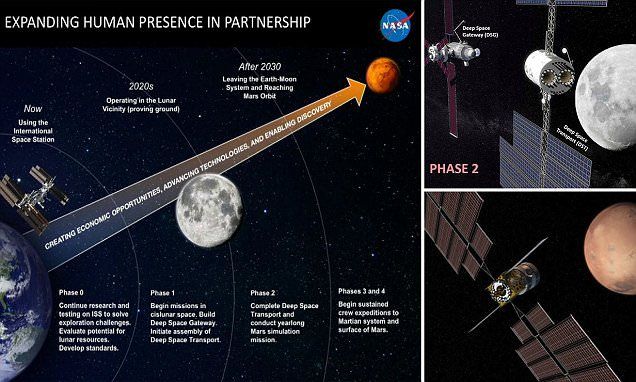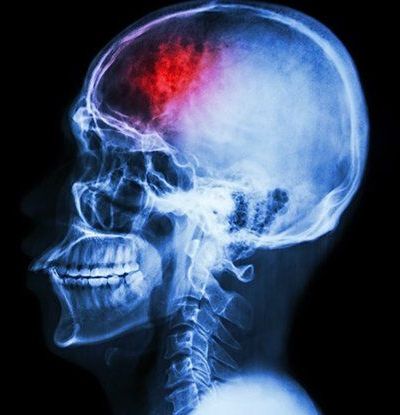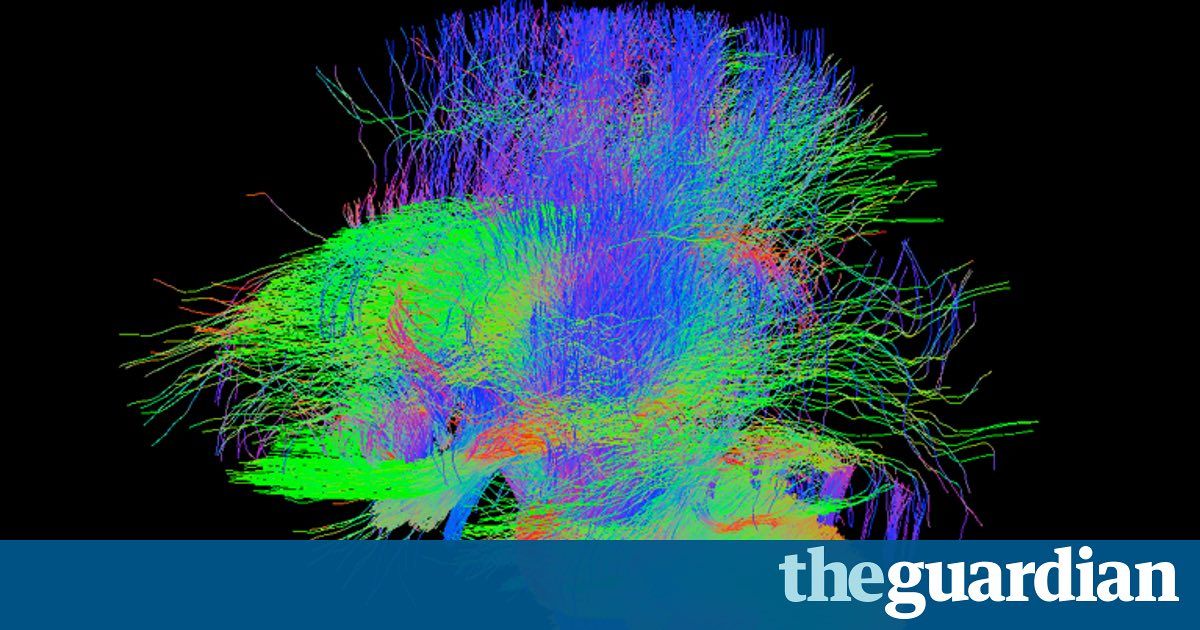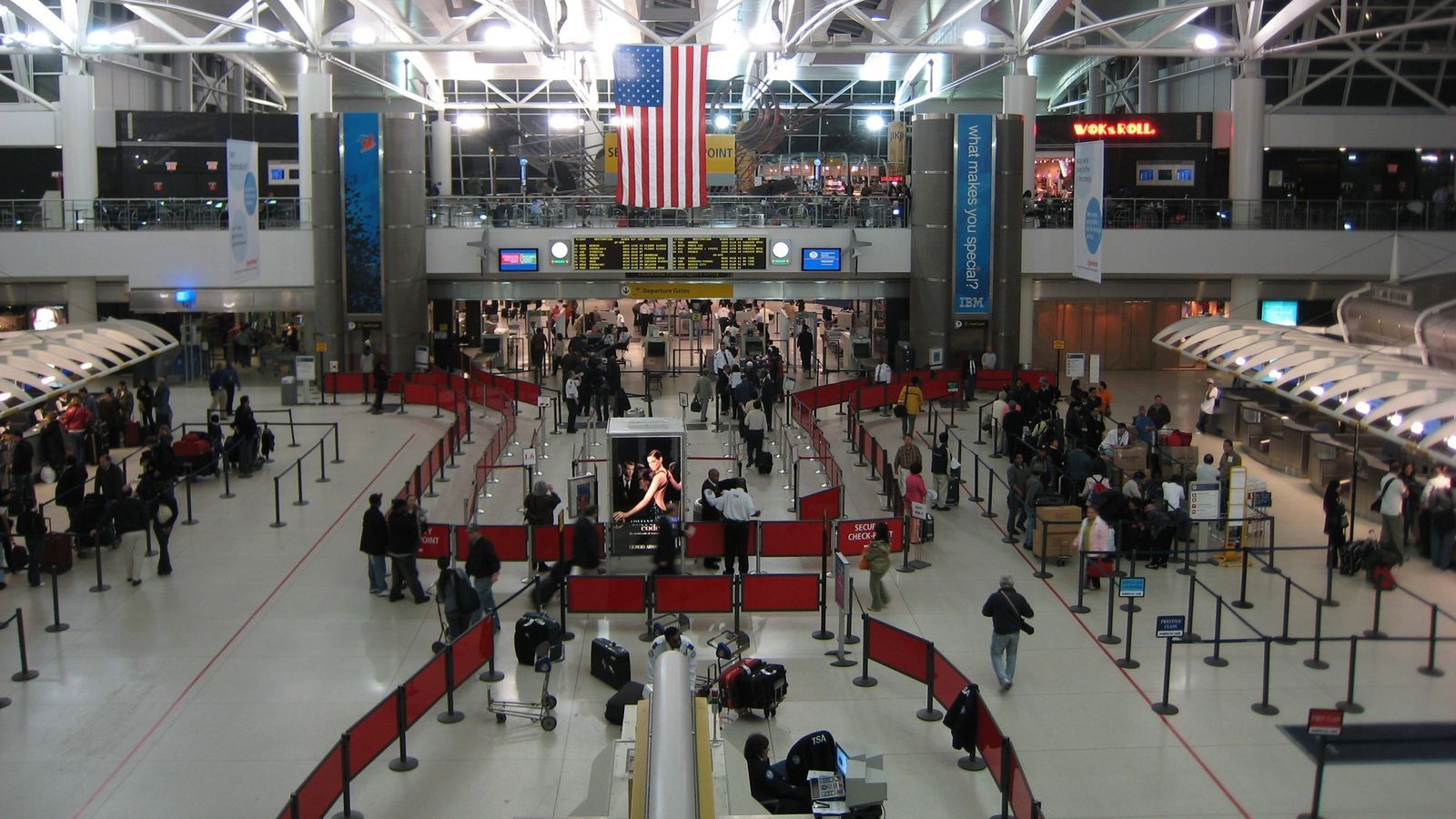Page 10058
May 11, 2017
Researchers Find Gut Bacteria Can Trigger Brain Lesions That Lead to Strokes
Posted by Dan Kummer in categories: biotech/medical, genetics, neuroscience
In yet another study that has connected conditions in the gut to diseases of the brain, scientists have linked the cause of common blood vessel abnormalities in the brain to bacteria colonies in the stomach.
These malformations can lead to strokes called cerebral cavernous malformations (CCMs), which don’t leave patients with many options — if surgery can’t be performed, there’s little left but palliative care. But figuring out what causes these abnormalities could led to treatments that block them before they even occur.
An international team led by researchers from the University of Pennsylvania studied genetically engineered mice that were prone to developing vascular lesions in their brains.
Continue reading “Researchers Find Gut Bacteria Can Trigger Brain Lesions That Lead to Strokes” »
May 11, 2017
Abbott Releases First Insertable Cardiac Monitor That Works with Your Smartphone
Posted by Roman Mednitzer in categories: biotech/medical, mobile phones
Abbott received the European CE Mark and is introducing its Confirm Rx Insertable Cardiac Monitor (ICM). Still sporting St. Jude Medical’s logo, now part of Abbott, the Confirm Rx features wireless Bluetooth connectivity to a paired app on the patient’s smartphone. This allows for transmission of cardiac event data to the patient’s cardiologist from just about anywhere there is cellular connectivity.
Unlike other similar devices, you don’t need a separate transmitter, like the Merlin system that has typically been employed, taking up space near the bed. And you can freely travel without having to bring another dedicated device.
Cardiac monitors such as these are used to detect heart arrhythmias in order to help identify their causes and triggers. Patients have them implanted under the skin in a procedure that takes only a few minutes, and then go about their usual days while being continuously monitored, with data uploading to a central hub on a regular basis.
May 11, 2017
Researchers Build Artificial Synapse Capable of Autonomous Learning
Posted by Carse Peel in category: robotics/AI
Discovery opens the door to networks that operate in ways that mimic the function of the human brain.
May 11, 2017
3D Printing the Way to Bionic Humans
Posted by Carse Peel in categories: 3D printing, biotech/medical, cyborgs, health, transhumanism, wearables
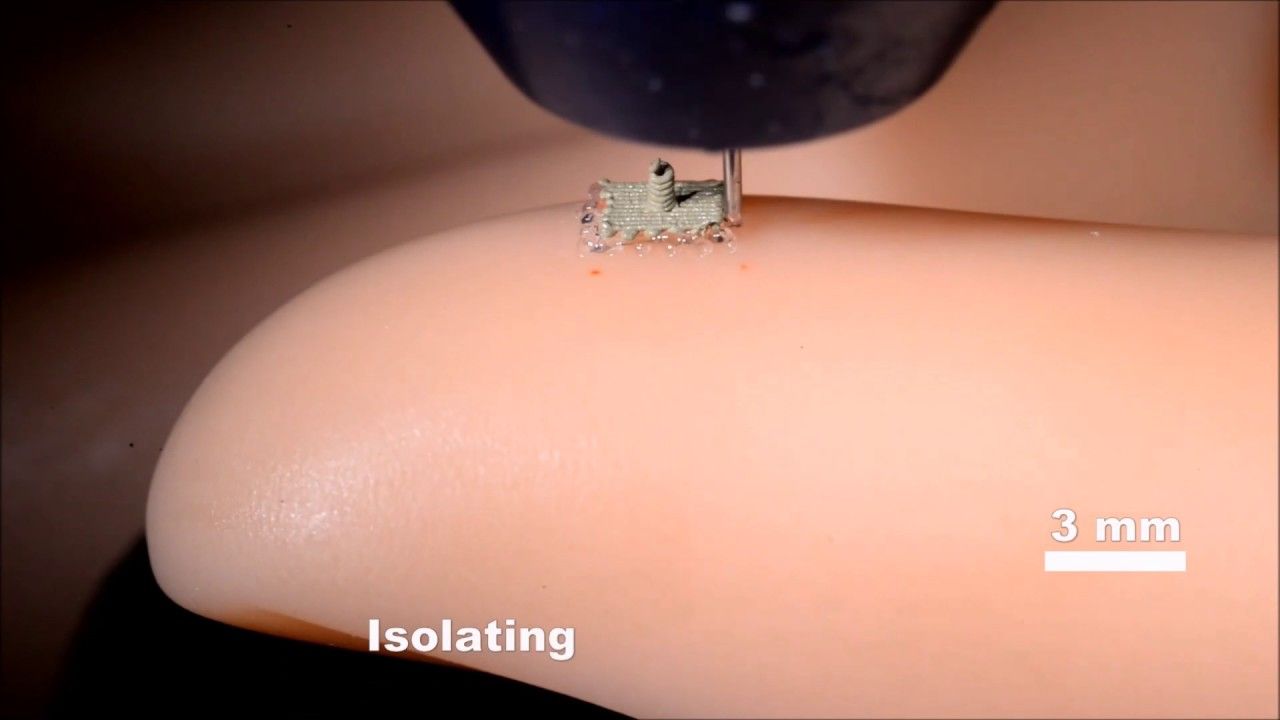
A pressure sensor printed directly on a hand is a step toward new biomedical devices, “on the fly” wearable technology, and more…
(Inside Science) — Wearable technology may soon be at your fingertips — literally. Researchers have developed a pressure sensor that can be 3D printed directly on your hand. The device, sensitive enough to feel a beating pulse, is made from soft, stretchy silicone that conforms to the curves of your fingertip.
May 11, 2017
Project to map human brain from womb to birth releases stunning images
Posted by Carse Peel in category: neuroscience
Scientists hope to understand how conditions such as autism, cerebral palsy and attention deficit disorders arise using thousands images of brain’s wiring.
May 11, 2017
New materials bring quantum computing closer to reality
Posted by Carse Peel in categories: computing, quantum physics
Quantum computing could outsmart current computing for complex problem solving, but only if scientists figure out how to make it practical. A Stanford team is investigating new materials that could become the basis for such an advance.
May 11, 2017
Homeland Security is building a ‘biometric pathway’ for the airport
Posted by Carse Peel in categories: government, privacy, robotics/AI, security, transportation
The US government has rolled out a plan to reshape airport security around facial recognition, playing off a wealth of passport photos and visa applications.
Led by Customs and Border Protection, the plan is built around the Biometric Exit program, which will register visitors leaving the US using facial recognition. But new statements show that CBP’s plans could make facial scans necessary for US citizens as well, documenting them when they reenter the country or pass through TSA checkpoints. The result would eventually grow into an airport-wide system Customs officials call “The Biometric Pathway.”
John Wagner, deputy assistant commissioner at CBP, laid out that vision at the ConnectID conference last week. “We’re going to build this for [Biometric] Exit. We’re out of time, we have to,” Wagner told the crowd. “But why not make this available to everyone? Why not look to drive the innovation across the entire airport experience?”
Continue reading “Homeland Security is building a ‘biometric pathway’ for the airport” »
May 11, 2017
New York is now accepting applications for driverless car tests
Posted by Carse Peel in categories: law, robotics/AI, transportation

Self-driving cars could soon be hitting the streets of the Big Apple, thanks to a new law that allows firms to apply to run trials there.
New York joins a growing list of states that are accepting applications for autonomous vehicle trials.
Continue reading “New York is now accepting applications for driverless car tests” »
May 11, 2017
Hands-free farming: Autonomous tractors and drones grow cereal crops
Posted by Carse Peel in categories: drones, engineering, food, robotics/AI
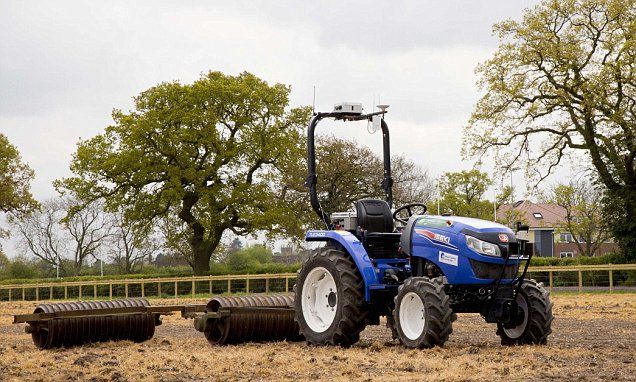
Future of farming? Driverless tractors and drones attempt to grow crops without humans setting foot on the land in a world first…
Drones are also being used to monitor the crops so agronomists don’t have to enter the field to carry out their observations.
Continue reading “Hands-free farming: Autonomous tractors and drones grow cereal crops” »
